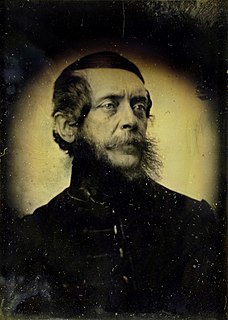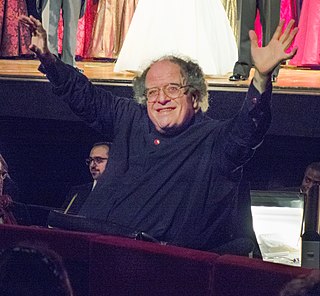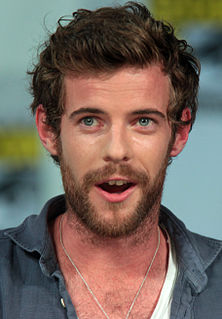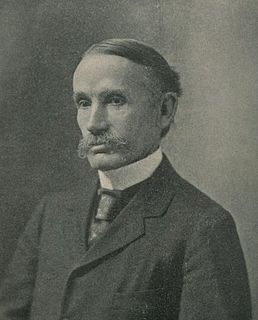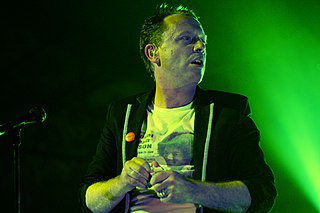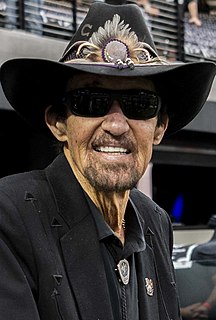A Quote by Stefan Zweig
The Battle of Waterloo is a work of art with tension and drama with its unceasing change from hope to fear and back again, changewhich suddenly dissolves into a moment of extreme catastrophe, a model tragedy because the fate of Europe was determined within this individual fate.
Related Quotes
Art knows no happier moment than the opportunity to show the symmetry of an extreme, during that moment of spheric harmony when the dissonance dissolves for the blink of an eye, dissolves into a blissful harmony, when the most extreme opposites, coming together from the greatest alienation, fleetingly touch with lips of the word and of love.
Was it possible that Napoleon should win the battle of Waterloo? We answer, No! Why? Because of Wellington? Because of Blucher? No! Because of God! For Bonaparte to conquer at Waterloo was not the law of the nineteenth century. It was time that this vast man should fall. He had been impeached before the Infinite! He had vexed God! Waterloo was not a battle. It was the change of front of the Universe!
If you are blessed with great fortunes. . . you may love your fate. But your fate never guarantees the security of those great fortunes. As soon as you realize your helplessness at the mercy of your fate, you are again in despair. Thus the hatred of fate can be generated not only by misfortunes, but also by great fortunes. Your hatred of fate is at the same time your hatred of your self. You hate your self for being so helpless under the crushing power of fate.
Fate is a misplaced retreat. Many people rationalize an unexplained event as fate and shrug their shoulders when it occurs. But that is not what fate is. The world operates as a series of circles that are invisible, for they extend to the upper air. Fate is where these circles cut to earth. Since we cannot see them, do not know their content, and have no sense of their width, it is impossible to predict when these cuts will slice into our reality. When this happens, we call it fate. Fate is not a chance event but one that is inevitable, we are simply blind to its nature and time.
Blind hope. Blind hope is all we have. There's a Greek tragedy called Prometheus Bound; Prometheus is the [titan] that gave humans fire. He's chained to a rock and bemoaning his fate and saying, "I gave you everything. By giving you fire, I gave you blind hope. By giving you a little light that kept you warm at night, I let you believe that this was all going to be okay." For me, that's what art has been. Music and books, it's an act of hope to make them, and it's an act of hope to listen to them. That hope will be dashed, you will say goodbye.



